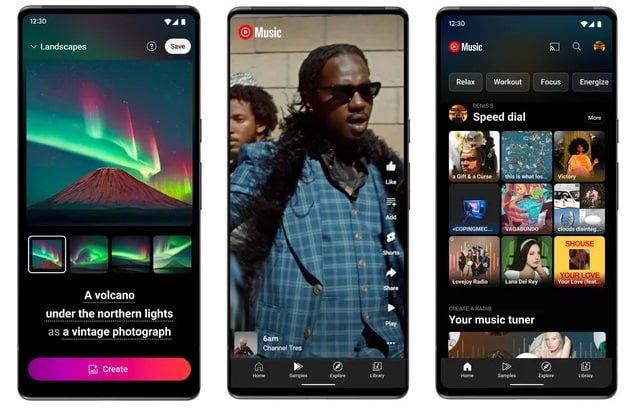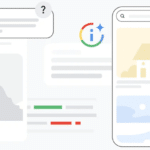Google has unveiled a set of exciting enhancements for its YouTube Music platform, all designed to elevate your music journey and infuse it with a personal touch.
Notably, YouTube attracts over 2 billion monthly visitors who flock to enjoy their beloved tunes. Here’s a glimpse of what’s fresh:
Find Your Favorite Music Easily
Google is making it simpler to find and play your favorite songs. Soon, there will be a new feature on the Home tab that helps you quickly get to the songs and artists you like. This saves you time and makes it easier to explore music.
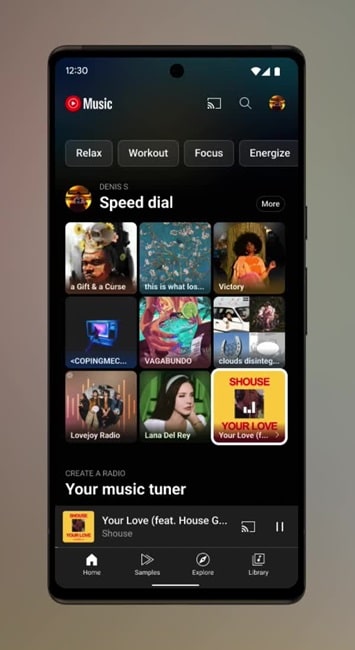
Effortless Music Discovery
YouTube Music now has a “Samples” tab. It shows short video clips to help you find new music. You can swipe up and down to check out different songs and pick the ones you like. This makes finding new music fun and easy.
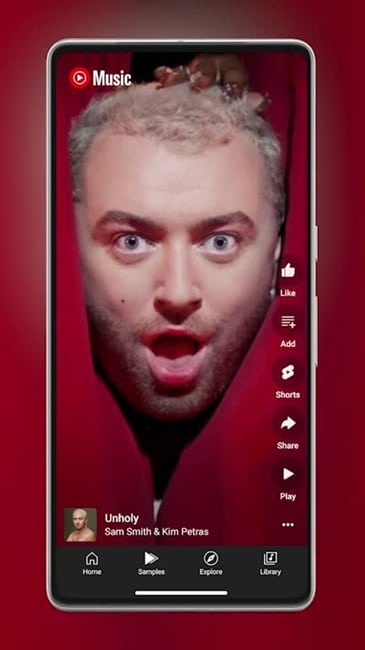
Your Sound, Your Way
With YouTube Music, you can create your own radio station. You choose your favorite artists and customize the mood and style of the music. This lets you control how you enjoy your music.
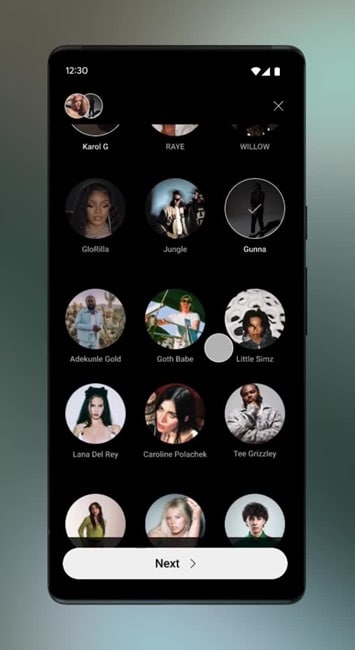
Artistic Playlists with AI
Google is rolling out an experimental feature for users in the English language U.S. region. This nifty tool employs generative AI to let you craft bespoke playlist artwork. You can pick from a spectrum of visual themes to express the uniqueness of your personal playlists.
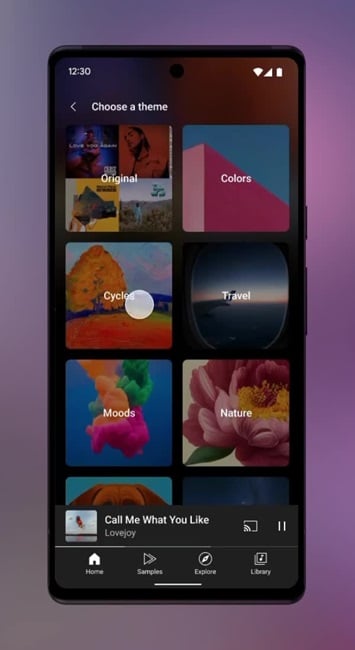
Connect and Express
YouTube Music has now become a hub for music enthusiasts to interact and express themselves. Engage in conversations, share your thoughts, and connect with the broader music-loving community directly within the app. This keeps you in touch with people who love music like you do.
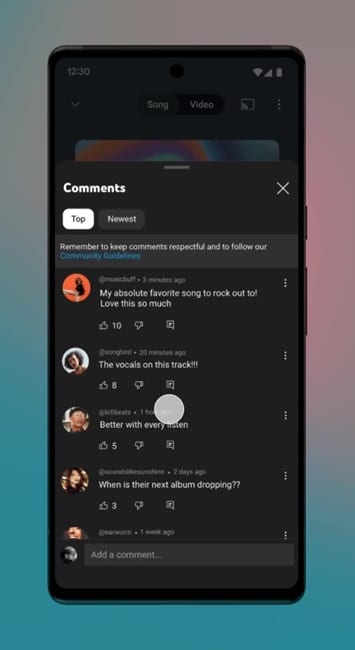
Sing Along with Lyrics
YouTube Music now shows the song lyrics on the screen as you listen. This way, you can sing along or just read the words.
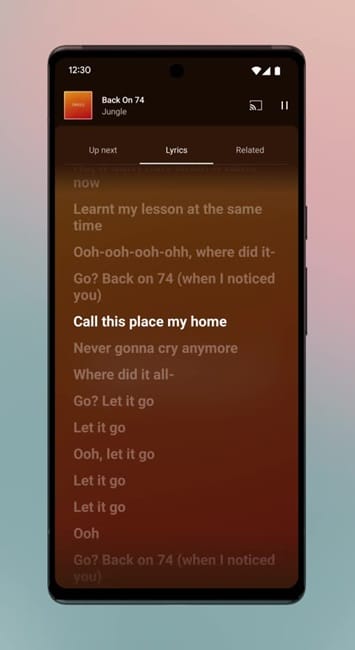
Click on a specific lyric to jump to that part of the song, making your listening experience even more enjoyable.
Availability
The AI-powered Playlist Art feature is currently only available to people in the United States who use English, but it will be available in other places and languages later.

